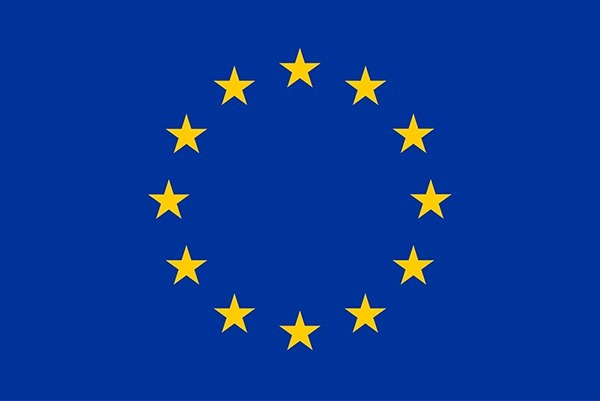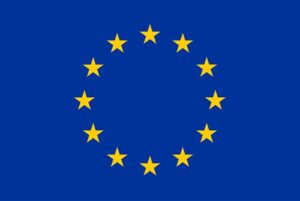climate neutralityDigital Twin
BIPED – Building intelligent positive energy districts to fast-track climate-neutrality
A new solution to fast-track energy transition – powered by Digital Twins
Positive energy districts (PEDs) are urban areas where energy produced during the year is the same as, or greater than, energy consumed. The BIPED project is building intelligent PEDs to assist cities with decarbonisation efforts aimed at reaching net zero by 2030.
Content
-
funded by EU

-

About the project
Promoting climate neutrality for cities
Urban activities account for more than two thirds of global energy consumption and CO2 emissions. The transition to climate neutrality is not possible without cities and regions taking a pioneering role in climate action.
In Europe, many local administrations are already at the forefront of the energy transition. However, tackling this complex task is a major challenge, requiring the coordination of many simultaneous actions across multiple sectors and levels. The new Horizon Europe project BIPED will help cities in this transition by providing smart solutions for setting up and scaling up Positive Energy Districts (PEDs).
What are PEDs?
PEDs are urban areas that produce more energy than they consume over the course of the year. To achieve a positive energy balance, PEDs minimize their energy demand through energy efficiency measures and cover the remaining energy consumption with locally generated renewable energy.
PEDs rely on smart planning and control measures to optimize how energy is generated, consumed, stored and transmitted within the district boundaries and beyond.
Aarhus as a test environment
“Our technical solution features advanced digital twin technology with AI-driven optimization tools for better urban planning,” said BIPED coordinator Martin Brynskov at the project launch in Aarhus, Denmark. The city will provide a test environment for BIPED innovations in the western district of Brabrand, which will serve as a living laboratory for the PED community.
The aim is to innovate BIPED development, democratize the technology, create awareness and digital literacy, and promote evidence-based action for cleaner and more efficient energy planning and use.
Transferability to Europe
Following the launch of BIPED tools and results in Aarhus, these will be offered to interested users across Europe, with a particular focus on urban actors in the network of climate-neutral cities.The use of standards and in particular MIMs (Minimal Interoperability Mechanisms) will play a key role in cross-border integration as well as in the integration of sectors and systems such as energy, buildings, public spaces, mobility, natural environment, ICT and socio-economic activities.
“We hope that our results will encourage more cities to drive climate neutrality through ambitious neighborhood transformation,” says Brynskov. “Ultimately, we want to set an international example that encourages other countries to follow suit as they set out to build resilient energy systems and sustainable economies fit for a green, digital and just energy transition.”
At a glance
Project coordination
Technical University of Denmark
Website
www.bi-ped.eu
Partners
- Technical University of Denmark, DK (Coordinator)
- The Data Competence Center for Cities and Regions, DE
- Open & Agile Smart Cities, BE
- City of Aarhus, DK
- Austrian Institute of Technology, AT
- Digital Resilience Institute, CZ
- Virtual City Systems, DE
- University of West Bohemia, CZ
- RoadTwin, CZ
- InnoConnect, CZ
- UTRIUSQUE, CZ
- KPMG Ireland, IE
- Center Denmark, DK
Project period
January 2024 – December 2026
Total budget
EUR 7.017.437,50
EU contribution
EUR 6.304.468,75

